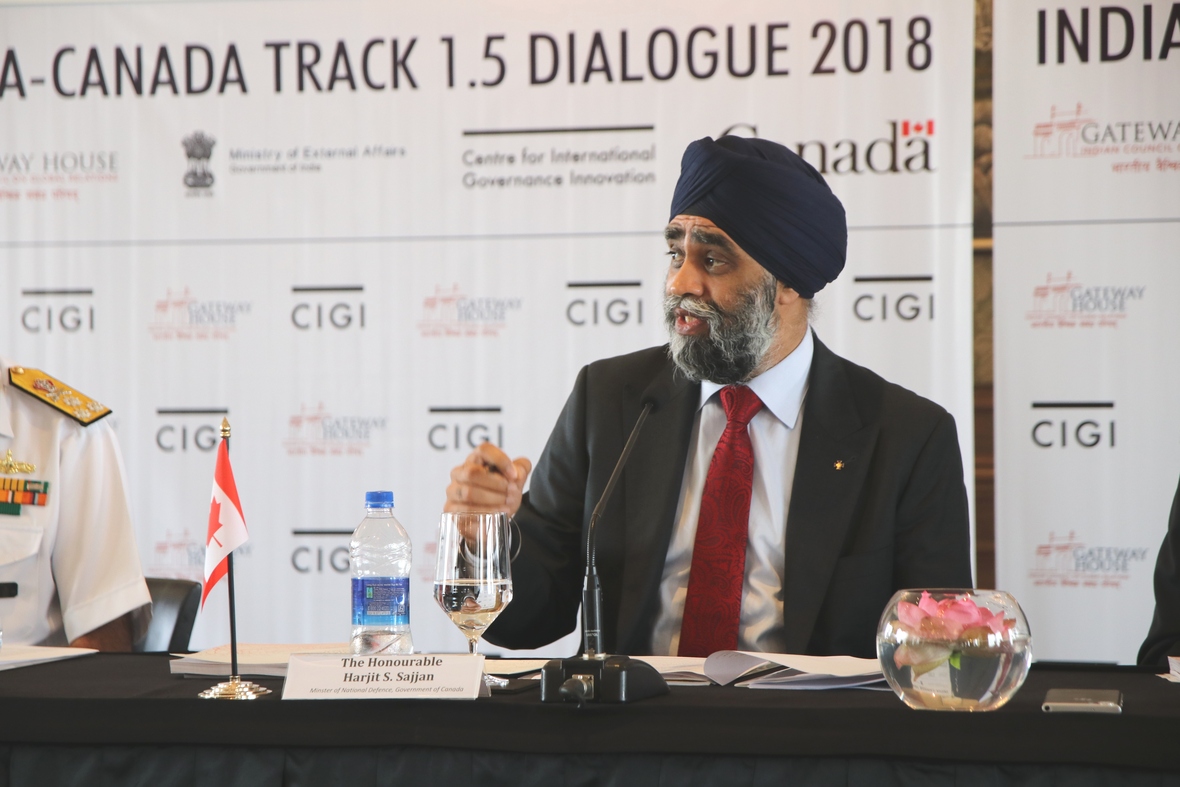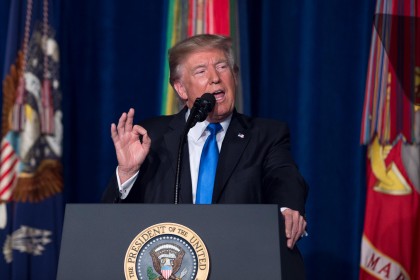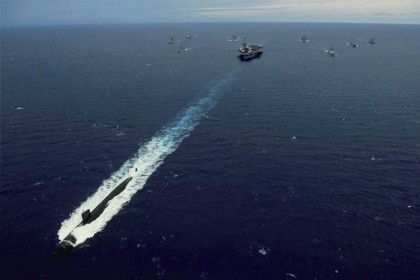Finance and morality the Malaysian way
Zeti Akhar Aziz, economic advisor to newly elected Malaysian Prime Minister, Mahathir Bin Mohamad, believes that economic policy should be rooted in moral and religious ideas
Zeti Akhar Aziz, economic advisor to newly elected Malaysian Prime Minister, Mahathir Bin Mohamad, believes that economic policy should be rooted in moral and religious ideas
The 44th G7 summit, held in Canada in the first week of June, ended on a tense, disunited note—not unlike the premise of Richard Haass’ 2017 book, The World in Disarray: American Foreign Policy and the Crisis of the Old Order. In this interview, the President of the Council on Foreign Relations discusses the role of international institutions, World Order 2.0 and how India can participate in it
Marina Kaljurand, Chair, Global Commission on Stability of Cyberspace, Brussels, Belgium, said governments had to collaborate closely with lawyers, and the private sector, which is leading some major developments
 Courtesy: Gateway House
Courtesy: Gateway House
Canadian Minister for National Defence, Hon'ble Harjit S Sajjan, discusses contemporary security issues, international peacekeeping, bilateral defence ties, and geopolitical arenas, relevant to India, Canada, and the world. More specifically, he converses about prospects of peace in Afghanistan, the geopolitics of and Canadian sovereignty over the Arctic, UN peacekeeping programs initiated by Canada, focus areas for India and Canada defence relations, and the Quad initiative.
 Courtesy:
Courtesy:
The removal of 11 top ministers in the Riyadh government last week by the young crown prince Mohammad bin Salman, is a geopolitical upheaval, the implications are serious. Domestically, the kingdom is seeking to liberalise its conservative society and move away from oil-dependency – evident from the expected listing of its crown jewel Aramco. For India, which imports oil largely from West Asia, instability could cause a spike in prices, leaving less for its ambitious reforms. Globally, there is now space for new alignments – in the Great Power plays, in the Shia-Sunni rivalry, and in the war on terrorism.
 Courtesy:
Courtesy:
Professor Madhav Das Nalapat sits down with Manjeet Kripalani to discuss the ascendance of Xi Jinping into the pages of the Chinese Constitution and what this new status quo means for India and it's strategic interests.
 Courtesy:
Courtesy:
A number of democratic processes are set to unfold in this week. A referendum in the Kurdistan Region of Iraq, the AfD's surprising outcome in the German Parliamentary election and the upcoming referendum in Catalonia, Spain. Ambassador Neelam Deo, Director at Gateway House, discusses the geopolitical implications of these highly-controversial domestic democratic processes.
 Courtesy:
Courtesy:
In yet another policy flip, U.S. President Trump announced a new strategy for Afghanistan and South Asia. While committing more troops to the region, he called out Pakistan as a 'safe harbour' for terrorism and called on India to do more. Ambassador Neelam Deo, Director at Gateway House, joins us to discuss the implications of this new direction and what it means for India.
In this special episode, Professor M.D. Nalapat joins us to discuss the current border stand-off between India and China, sharing a unique glimpse into the policy psyche of India, China and the United States.
 Courtesy: PTI
Courtesy: PTI
In a special podcast, Vice Admiral (retd.) Anil Chopra, Distinguished Fellow for International Security and Maritime Studies at Gateway House, shares his insights into this years recently concluded Malabar Exercise, examining the inclusion of Japan and potentially Australia, while detailing the geopolitical implications of these exercises.